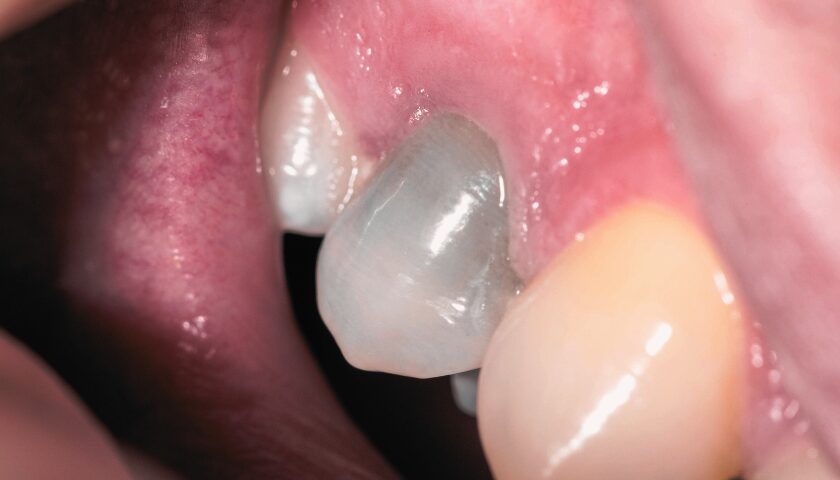My Tooth Is Turning Dark (Black): What Should I Do?

5 Causes of Toothache Radiating to the Face
June 17, 2024
Can Natural Antibiotics Fight Tooth Infections?
July 7, 2024Discovering that one of your teeth is turning dark or black can be concerning and may indicate an underlying dental issue. While the tooth discoloration itself may not always be painful, it could signify a problem that requires attention from a dental professional. In this comprehensive guide, we’ll explore the potential causes of tooth darkening and what steps you should take if you notice this change in your dental health.
Understanding Tooth Discoloration
Tooth discoloration can occur for various reasons, ranging from surface stains to deeper issues affecting the tooth’s structure. When a tooth begins to turn dark or black, it often indicates that the inner layers of the tooth are affected. Here are some common causes of tooth darkening:
Causes of Tooth Turning Dark or Black
- Dental Trauma: A tooth may turn dark or black following an injury or trauma, such as a fall or blow to the mouth. This discoloration occurs due to internal bleeding or death of the tooth’s pulp tissue.
- Decay: Tooth decay, or cavities, can lead to darkening of the affected tooth as bacteria erode the enamel and dentin, causing the inner layers of the tooth to become discolored.
- Pulp Necrosis: Pulp necrosis occurs when the pulp tissue inside the tooth dies, often due to untreated decay or trauma. As the pulp tissue breaks down, it can cause the tooth to darken or blacken.
- Internal Tooth Staining: Certain factors, such as exposure to high levels of fluoride during tooth development or the use of certain medications, can cause internal staining of the tooth, leading to darkening or discoloration.
- Dental Restorations: Darkening of a tooth may also occur as a result of certain dental restorations, such as silver amalgam fillings, which can leach into the surrounding tooth structure over time.
What Should You Do?
If you notice that one of your teeth is turning dark or black, it’s essential to take prompt action to address the issue and prevent further complications. Here are the steps you should take:
- Schedule a Dental Appointment: The first and most crucial step is to schedule an appointment with your dentist. Your dentist will examine the affected tooth, take X-rays if necessary, and determine the underlying cause of the discoloration.
- Undergo Treatment: The appropriate treatment for a dark or blackened tooth will depend on the underlying cause. In some cases, a root canal procedure may be necessary to remove the dead or infected pulp tissue and restore the tooth’s health. Other treatments may include dental bonding, veneers, or crowns to restore the tooth’s appearance and function.
- Practice Good Oral Hygiene: Maintaining a good oral hygiene routine is essential for preventing further tooth decay and discoloration. Brush your teeth twice a day, floss daily, and visit your dentist regularly for check-ups and cleanings.
- Avoid Tobacco and Staining Substances: Tobacco use and consumption of staining substances such as coffee, tea, and red wine can contribute to tooth discoloration. Avoiding these substances can help prevent further darkening of the affected tooth and maintain your oral health.
- Consider Cosmetic Options: If the discoloration cannot be fully addressed through restorative treatments, you may consider cosmetic options such as teeth whitening or dental veneers to improve the appearance of the affected tooth.
Discovering that your tooth is turning dark or black can be alarming, but it’s essential not to panic. By taking prompt action and seeking treatment from a qualified dental professional, you can address the underlying cause of the discoloration and restore the health and appearance of your tooth. Remember to maintain good oral hygiene habits and attend regular dental check-ups to prevent future dental issues and keep your smile bright and healthy.




